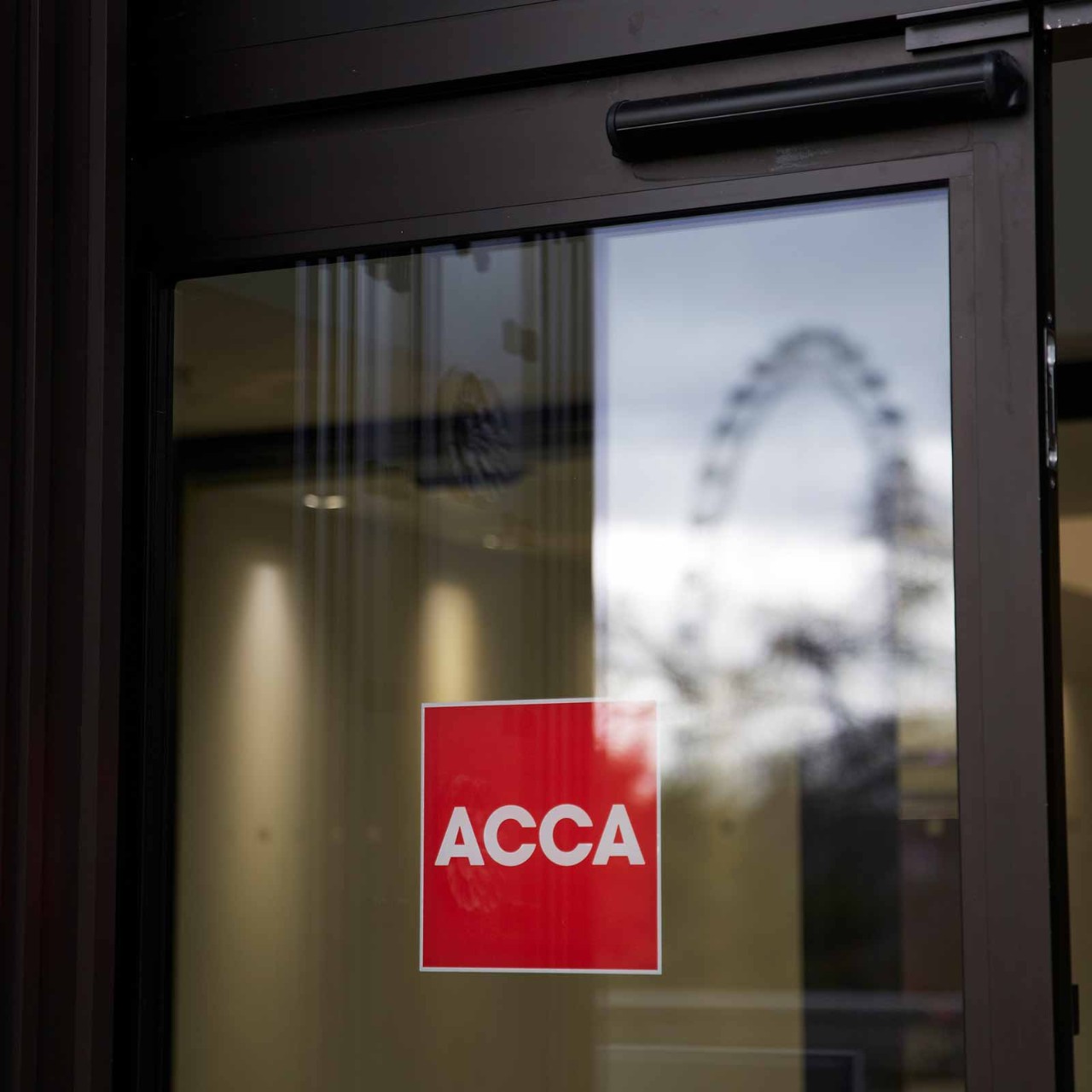
In Africa, as in much of the world, the pandemic-driven global recession has blown a hefty hole in state revenues. In a bid to compensate for the collapse in oil revenues and fund part of its 2021 budget deficit, the Nigerian government has decided to access bank accounts that have been dormant for at least six years, along with the unclaimed dividends of equity investors.
Under the Finance Act 2020, the law that guides the country’s fiscal activities this year, the government may take this money, with the obligation to return it, with interest, should the owners come forward within a set time limit. The money will be transferred into a trust fund to be managed by the Debt Management Office, the arm of the Ministry of Finance that manages government debt.
Unprecedented move
Expected to fund just over 16% of the 2021 budget deficit, this novel move is seemingly driven by a desire to reduce the government’s dependence on debt. With about 40% of expected revenues in 2021 projected to go toward debt servicing, the government may understandably be averse to piling on more debt, especially foreign loans.
Not surprisingly, the move has attracted flak from many, although it undoubtedly has some merits. For instance, it doesn't seem right or fair that banks (in the case of dormant accounts), companies and registrars (in the case of unclaimed dividends) should continue to benefit from these funds. The money does not belong to them, so why should they continue to benefit from it just because they happen to hold it?

Money in dormant accounts does not belong to the banks, so why should they benefit from it?
Certainly, it makes more sense for the funds to be used to benefit wider society instead. If the government spending multiplier is greater than one – in other words, its spend generates further spending by businesses and individuals – then the national economy will benefit from the government applying those funds to its Budget.
Overstepping the mark?
Yet sweeping up the funds in dormant accounts and unclaimed dividends in this way somehow smacks of state appropriation of private assets, or at best an infringement of the rights of citizens and residents over their private bank accounts and investments. In times of war or natural disaster, governments may give themselves power to appropriate private property – but we are not in such times.
A more potent argument is that the move may discourage savings and investments, especially among young Nigerians, who may see it as a good reason not to keep their money in bank accounts and in the equity of listed companies. That would be a poor outcome in a developing country with a gross savings rate of just 20%, which needs rapid and large capital accumulation to fund much needed economic development.
Such a move is not unique to Nigeria, though. Last May, the UK announced the release of £150m from bank and building society accounts that had been dormant for at least 15 years, to help charities, social enterprises and vulnerable individuals during the coronavirus outbreak. However, British people may have more confidence in how their government handles their money than Nigerian citizens do.
Better management
The most important question as far as I am concerned lies in the use the state makes of these dormant assets. If funding the budget has reached such a critical point, will the money from dormant assets be applied more efficiently than has previously been the case? Will corruption and waste in government finances be reduced? Will the high cost of governance be addressed?
These, I believe, are the key questions, and the government should address them. Fiscal managers can, and should, make changes to ensure the efficient use of whatever funds the country is able to get. That way, Nigeria can get a better bang for its buck, which, if sustained, could help it exit its current precarious and unsustainable position.





